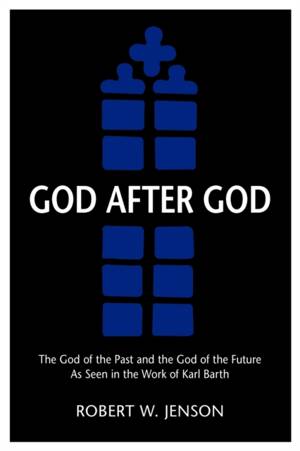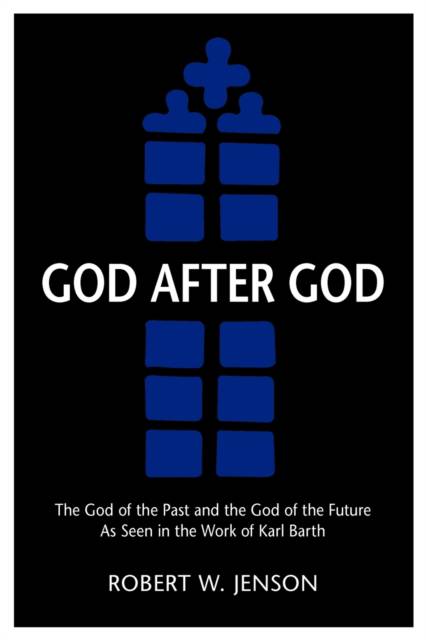
- Retrait gratuit dans votre magasin Club
- 7.000.000 titres dans notre catalogue
- Payer en toute sécurité
- Toujours un magasin près de chez vous
- Retrait gratuit dans votre magasin Club
- 7.000.0000 titres dans notre catalogue
- Payer en toute sécurité
- Toujours un magasin près de chez vous
41,95 €
+ 83 points
Description
Karl Barth is recognized throughout the world as the twentieth century's leading Protestant theologian. His thought has determined much of the shape of today's Christian thinking, yet it is thoroughly misunderstood. He is a systematic theologian who writes with great complexity and in a scholastic vein. This fine and lucid study isolates Barth's most specific themes and focuses on the relevance of his radically trinitarian doctrine of God to the post-religious situation. The book opens with a discussion of the death of historical religion and Barth's early attempts to deal with the decline of belief in a transcendent God contrasted with contemporary views of the situation. It goes on to treat Barth's further studies, especially his attack on the theology of religion, and there is a discussion in depth of Barth's doctrine of the Trinity as a definition of God. It concludes with an analysis of the different interpretations that can be have been made of Barth's theology. "This scholarly work . . . is a thoroughgoing approach to Barth's leading contribution to twentieth-century dialectical theology. Barth's insights are shown to be far beyond their time. Especially relevant is his application of God's transcendence to man's practical responsibilities. Readers may well ponder whether Barth's Commentary on Romans may not clearly merit more than its present place on well-respected shelves of past history." -Library Journal Robert W. Jenson is a leading American Lutheran theologian. He has taught at many institutions, including Luther College in Decorah, Iowa, the Lutheran Seminary in Gettysburg, and Saint Olaf College in Northfield, Minnesota. With Carl Braaten, he founded the Center for Catholic and Evangelical Theology in Northfield, Minnesota. He was a Senior Scholar for Research at the Center for Theological Inquiry in Princeton, New Jersey, where he now resides. Among his many books are his two-volume Systematic Theology, Lutheranism: The Theological Movement and Its Confessional Writings (with Eric Gritsch), and A Map of Twentieth-Century Theology (editor with Carl Braaten).
Spécifications
Parties prenantes
- Auteur(s) :
- Editeur:
Contenu
- Nombre de pages :
- 232
- Langue:
- Anglais
Caractéristiques
- EAN:
- 9780800697884
- Date de parution :
- 01-04-10
- Format:
- Livre broché
- Format numérique:
- Trade paperback (VS)
- Dimensions :
- 152 mm x 229 mm
- Poids :
- 317 g

Les avis
Nous publions uniquement les avis qui respectent les conditions requises. Consultez nos conditions pour les avis.






